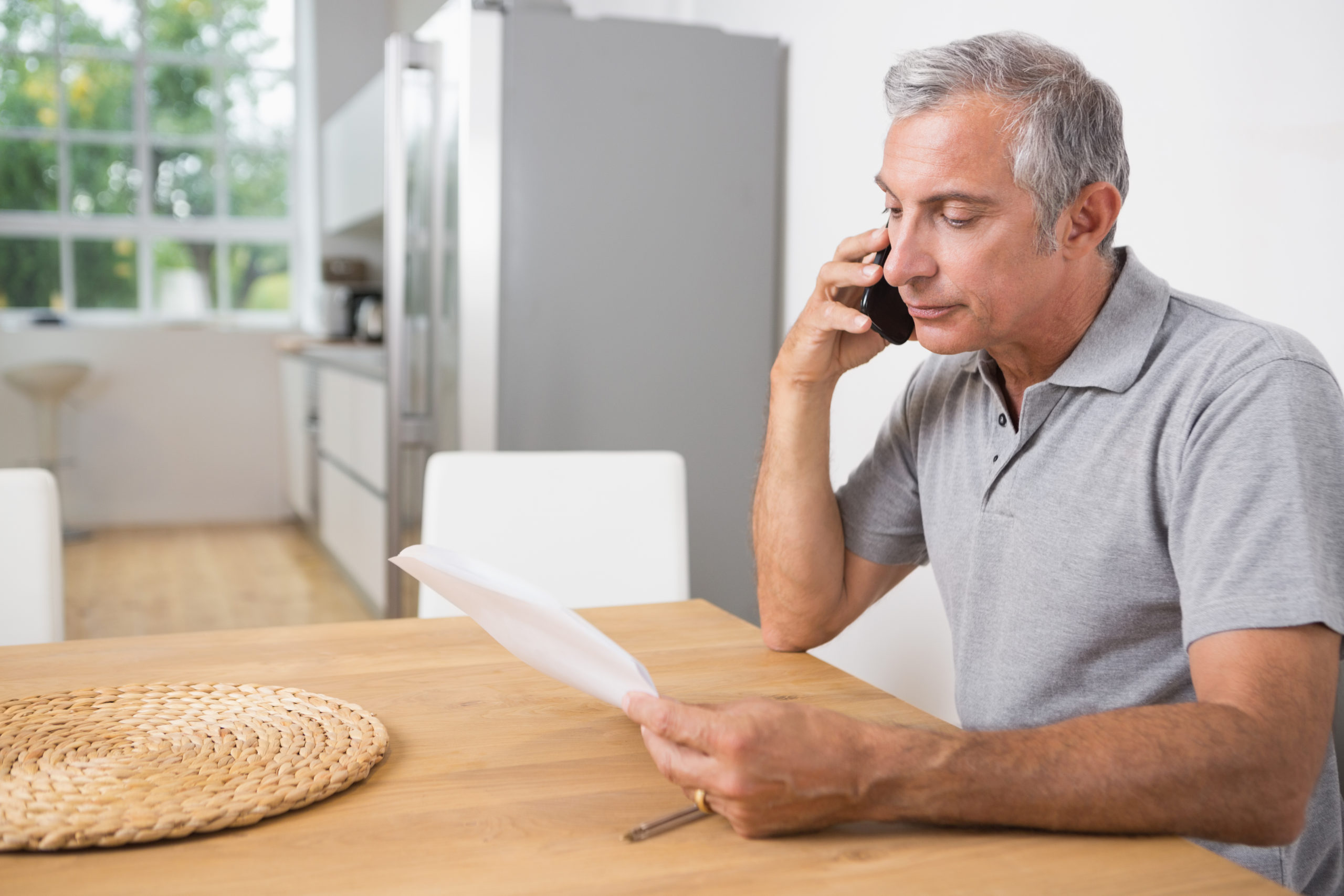Con Artist Reveals Details on Check Fraud & Lessons Learned for Upcoming Stimulus Checks
- Sometimes check fraud is performance art
- Fraudsters begin to prey on persons awaiting relief checks - look for 20-60M in the coming months
- The National Center for Disaster Fraud has created a COVID-19 fraud hotline at 866-720-5721
We've detailed various scenarios fraudsters contruct and provided the profiles of a fraudster, but what does check fraud look like from the vantage point of the fraudster?
Matthew Bevan "Matt" Cox is an American former mortgage broker and admitted mortgage fraudster. Cox is also an aspiring author who wrote an unpublished manuscript entitled The Associates, in which the main character -- surprise! -- traveled the country to perpetrate mortgage fraud.
Write what you know, right?
Here's a clip wherein Mr. Cox gives a detailed -- and fairly entertaining -- "fraudster-eye" view of check fraud perpetrated in conjunction with mortgage fraud in real-time check cashing:
So what are some of the key lessons learned from the video clip?
Fraudsters are knowledgable -- as you may notice, Cox was aware of the Bank Secrecy Act where transactions of $10,000 or more are reported to IRS and raises flags.
Fraudsters go to great lengths to deceive -- Cox stole the identity of another person, and went so far as to generate a legitimate drivers license.
Fraudsters are Savvy -- even though the bank was clearly suspicious, and the branch manager reveals his apprehension toward approving the check, Cox was able to get cash the cashiers check, overcoming multiple attempts of identity verification.
Stimulus Checks are a Fraudsters Dream Scenario
Of course, the currently occurring release of millions of stimulus checks aimed at combating dire financial straits brought upon the country by the coronavirus pandemic means that the "fraud flag" must go up. WPSP in Florida offers an overview of threats consumers should look out for.
A key masquerade, they report, is pretending to be the IRS.
According to Pinellas County Consumer Protection, scammers are sending fake emails that claim to be from the IRS. If you happen to get one of those emails, calls, or texts, Pinellas County has a clear warning for you: "do not give out personal or financial information and do not send money."
The fake "IRS" preys upon the desire to get funds in a timely manner, so persons who have not filed taxes for a couple years or have not supplied direct deposit information to the IRS will be lured into giving personal information over the phone or online in hopes of activating direct deposit and quicker receipt of funds (remember, the IRS can only send so many checks at a time). They will call, email, or even text potential victims, and use the stolen identity information to access accounts.

The National Center for Disaster Fraud has created a COVID-19 fraud hotline at 866-720-5721 that will very likely be busy in the weeks and months ahead.
While the government is doing its part to support citizens in their time of need, banks need to be ready for the challenges they face from the upcoming fraud attempts. Utilizing image analysis technologies to detect anomalies on the check, including alterations to the payee field, can better protect you and your customers.